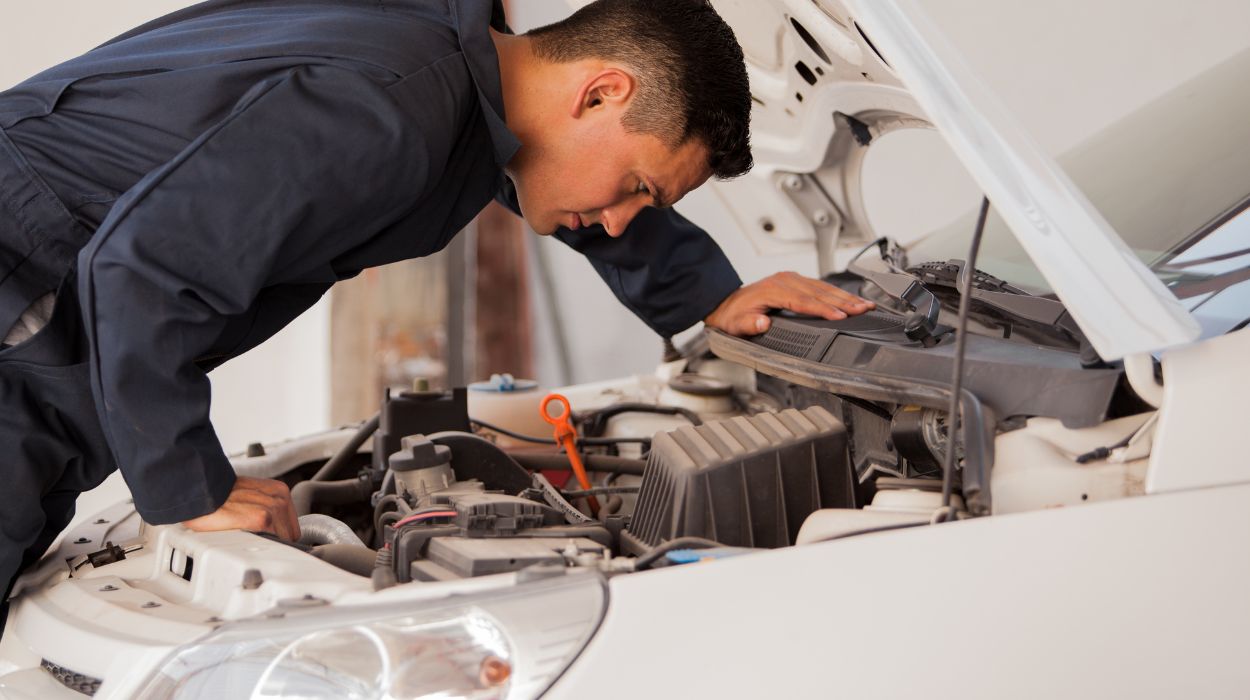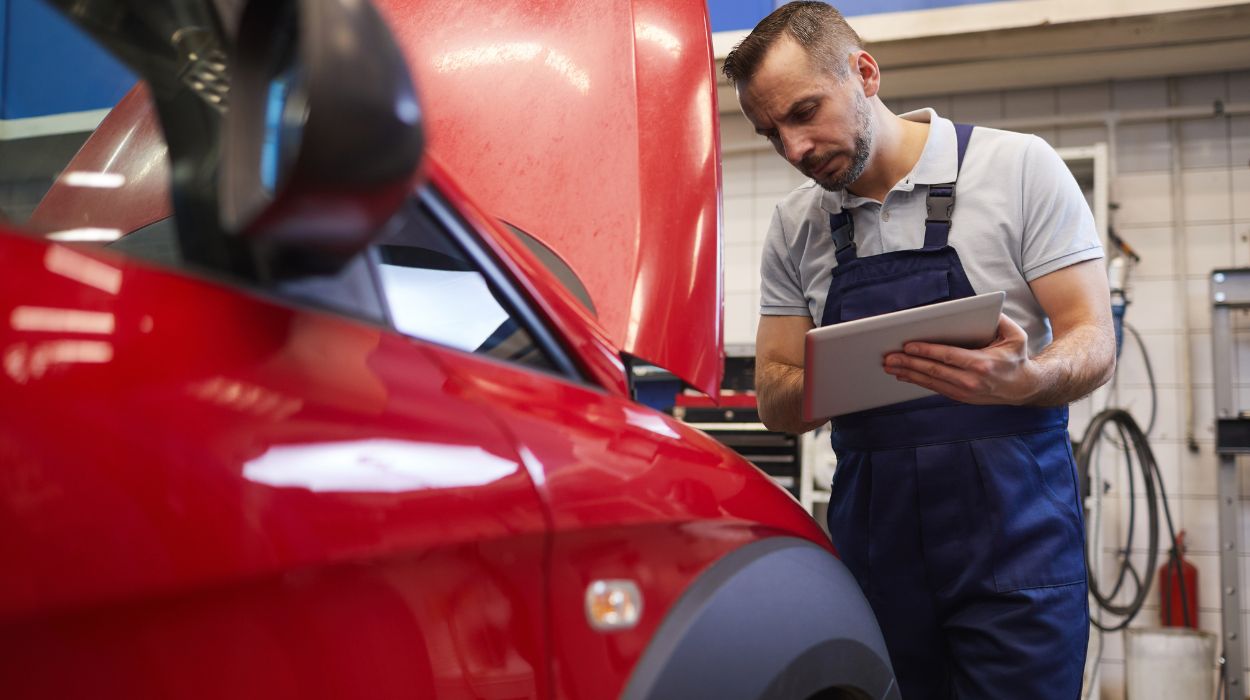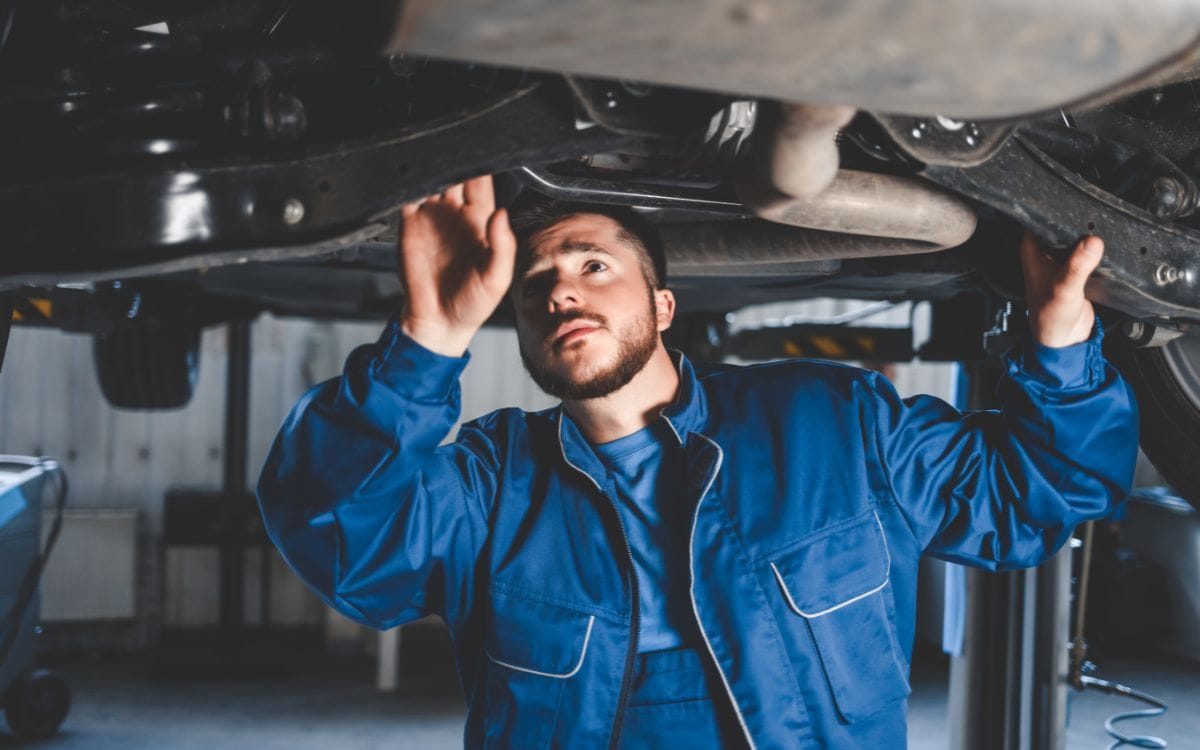
How Long Does A Car Inspection It Take?
How long does a car inspection it takes? Car inspections are an essential part of keeping your vehicle in good condition. A thorough inspection can take anywhere from 30 minutes to a couple of hours, depending on the complexity of the vehicle and the inspector’s experience. Inspections help ensure that all safety systems are functioning correctly ultimately helps to keep you safe on the road.
What Includes A Car Inspection?
A car inspection includes checking the vehicle’s overall condition, verifying all safety features and components are functioning, and testing for emissions levels. Inspectors look for any evidence of physical damage or wear, such as cracked windows, dented fenders, tires with poor tread depth, worn suspension parts, and more.
The interior of the car is also inspected, checking for any major problems with the seatbelts, airbags, dashboard lights and gauges. Once the inspection is complete, the inspector provides a detailed report of their findings to inform future car maintenance and repairs decisions.
Additionally, many states have emissions testing requirements to ensure vehicles are running efficiently and safely. Passing an emissions test is often a requirement for registering or renewing a car’s registration. During an emissions test, an inspector will connect the vehicle to a computerized testing machine and measure its emissions levels.
The results of the inspection are then compared to legal standards set by the state to determine if the vehicle passes or fails. If it fails, the owner must take the necessary steps to correct the underlying issue. This could include repairs, such as changing out spark plugs, replacing a faulty catalytic converter, or simply tweaking the car’s emissions system settings with a computerized device. Finally, regular tune-ups are also important for keeping cars running properly and safely.
Is it Important To Take a Car Inspection?
A car inspection is essential to ensure your safety on the road. It’s essential for a vehicle owners to have their car regularly inspected, as this can identify potential issues before they become major problems and cause you more money in repairs. During an inspection, your mechanic will look for signs of wear and tear that could lead to breakdowns and other issues.
They’ll also check the engine, transmission, suspension, brakes, and tires to make sure everything is in good working order. By having a car inspection done regularly, you can save money on costly repairs down the road. In addition, a car’s performance will be improved when its components are properly maintained. Ultimately, an inspection helps ensure that you and your family are safe on the road.
Is Everyone Certified to Do a Car Inspection?

No, not everyone is certified to do a car inspection. A vehicle inspection requires the use of specialized tools and experience in auto-mechanics, which only qualified individuals should perform. Vehicle inspections must be conducted by licensed professionals who have undergone training to meet all safety standards.
It’s important to note that even experienced mechanics may not be aware of emerging safety regulations or all the components required in an inspection. Therefore, it’s always best to look for certified professionals who can help you ensure your vehicle is safe and roadworthy. Certified car inspectors will also provide a detailed report that you can use to make informed decisions when buying or selling a vehicle.
How often should you inspect your car?
If you want to keep your car in peak condition, it’s important to have regular inspections. Depending on the age and type of vehicle, recommended inspection intervals vary. Generally speaking, inspecting your car at least twice a year or every 6 months is a good idea. During an inspection, you should check the oil level and condition, brakes and suspension, fluid levels, tires, belts, lights and wipers.
If your car is older than three years old you should also inspect the exhaust system and look for any signs of corrosion or rust damage. Regular inspections can help identify any potential problems early on before they become more serious and expensive to fix.
Signs You Need A Car Inspection

Owning a car is an essential responsibility; part of that responsibility is maintaining it. Regular car inspections are essential to ensure your vehicle is in good condition and operating. Knowing the signs you need to get a car inspection can help you avoid costly repairs and keep you safe on the road. Pay attention to any strange noises, smells, or changes in performance, and if you see any of these signs, it’s time to get a car inspection.
- Unexplained noises coming from the engine or exhaust. If you hear strange sounds while driving, such as knocking, buzzing, or rattling, it could be a sign that something is majorly wrong with your vehicle and needs to be inspected by a professional.
- Strange vibrations or shakes when driving. Unusual vibrations or shakes are a sign of potential problems with the vehicle’s suspension, brakes, or tires. It’s important to get these checked out as soon as possible before any further damage is done.
- Trouble starting. If your car takes longer than usual to start up or fails to respond when you turn the key, this could be a sign of a failing starter, battery, or alternator.
- Check engine light. When the check engine light suddenly turns on, this is an indication that there is something wrong with your vehicle’s engine. The best thing to do is to take it to a mechanic right away so they can diagnose the issue and fix it before any further damage is done.
- Leaking fluid. If you see any sort of fluids leaking from your car, this could be a sign of trouble with your vehicle’s cooling or lubrication system. It’s important to reach a mechanic as soon as possible.
Get Professional Assistance
If you think your car may have been involved in an accident or suffered a severe impact, it’s important to inspect it immediately. As such, events can cause unseen damage. By scheduling regular inspections, you can ensure that any problems with your car are dealt with quickly before they become more serious and costly.
